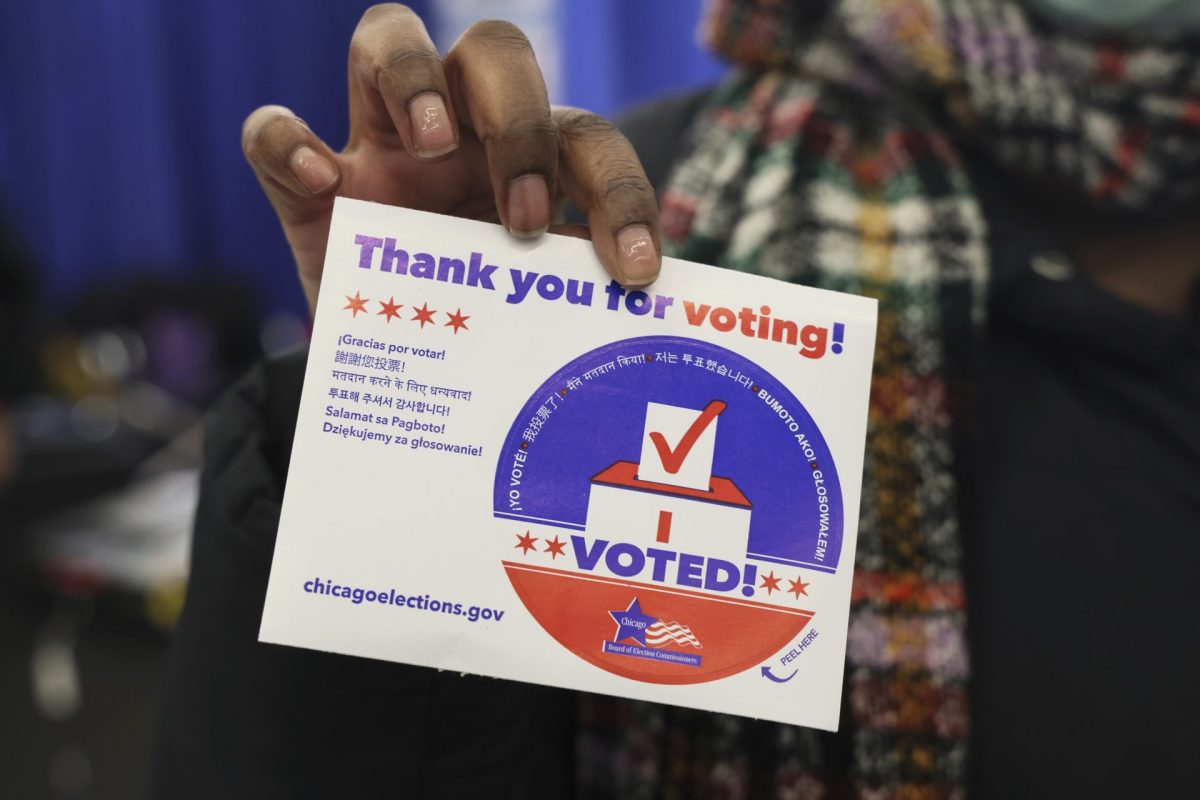As DePaul University President Rev. Dennis H. Holtschneider, CM, prepared to announce DePaul’s plan to spend $70 million on a new stadium for DePaul’s basketball program last week, Political Science Professor Larry Bennett was busy drafting a letter arguing against it. In the letter, which was co-signed by more than 20 other faculty members, Bennett argues that the plan for the stadium didn’t fit with other polices that the administration has enacted recently including cuts, tuition hikes, and a six-month freeze on teacher salary raises.
Bennett began by emailing a drafted letter for Holtschneider to faculty members who he knew to be involved with university governance. As it turned out, dozens of other DePaul faculty members shared his sentiment.
“By last Saturday morning when I sent the letter to Holtschneider, about two dozen individuals had indicated to me that they wanted to co-sign,” said Bennett.
The letter urges Holtschneider to reconsider the commitment and authorize DePaul’s withdrawal from the project.
“Many faculty colleagues I’ve spoken to in my department would like to see the brakes put on this project until we know more concrete details about what DePaul might be on the financial hook for,” said Craig Sirles, a DePaul English professor who co-signed the letter.
“I think that the university should be held accountable for what it expects to make (from the stadium),” said Jim Block, a DePaul political science professor. “There should be a realistic opening of books and projections so that the university community can assess the drain on resources.”
Bennett conceded that it has been difficult for DePaul athletics to find a location for a stadium closer to campus; however, he believes that the university’s money could be spent in more worthy channels.
“(A) commitment of $70 million to this project is wildly out of line with other university priorities, as well as – so far we have been led to believe – DePaul’s current fiscal situation,” wrote Bennett in his letter to Holtschneider. “Every dollar that DePaul will direct to this stadium is one dollar less that it could be directing toward financial aid … there is a remarkable disconnect between DePaul’s committing $70 million for a stadium … even as university staff and faculty have had annual salary increments capped and postponed for six months.”
Sirles also acknowledged some benefits of the new deal, but believes that the ends do not justify the means.
“There’s no question that a first-class arena would be a great help in recruiting top-level student-athletes to DePaul,” said Sirles. “But with a still very uncertain economy and with the university facing its own budgetary challenges, I don’t think that 2013 is the right time to be devoting enormous monetary resources to a new stadium, especially one that we’ll be paying rent in order to use.”
Under the Elevate Chicago plan, DePaul will pay $25,000 on rent for each of the men’s team’s games and $17,000 for each of the women’s.
Furthermore, Bennett believes that intercollegiate sports in general are receiving far too much funding and putting too little emphasis on college players’ education.
“The recent reorganization of major conferences is bizarre,” said Bennett. “Just the transportation expenses are completely unjustifiable; the outrageous salaries of college coaches … the exploitation of so many big-time college athletes, unpaid, often not especially encouraged to seriously advance their educations even as they advance the notoriety of their colleges.”
Bennett’s letter also took issue with the proposed casino that may be included in the Elevate Chicago plan. The letter describes gambling as a repressive “tax” that falls disproportionately on the poor and working class.
“Though casino gambling is legal in Illinois and elsewhere, DePaul University should not be associated with it,” said Bennett in the letter. “By joining this project to DePaul we would be signaling that its institutional ethics are precariously situational.”
The letter also states that it is not clear the new location will accomplish the university’s goals of finding a location that is more easily accessible to students, or able to re-establish the men’s basketball team’s old metropolitan fan base. “I think that the facility’s location is a disaster, which will add nothing to the campus or campus life,” said Block.
In closing, the letter states that the Elevate Chicago proposal will serve DePaul poorly. “There is still time for DePaul to withdraw from this project, and that is precisely what we should do.”
Holtschneider had no comment as of press time.







